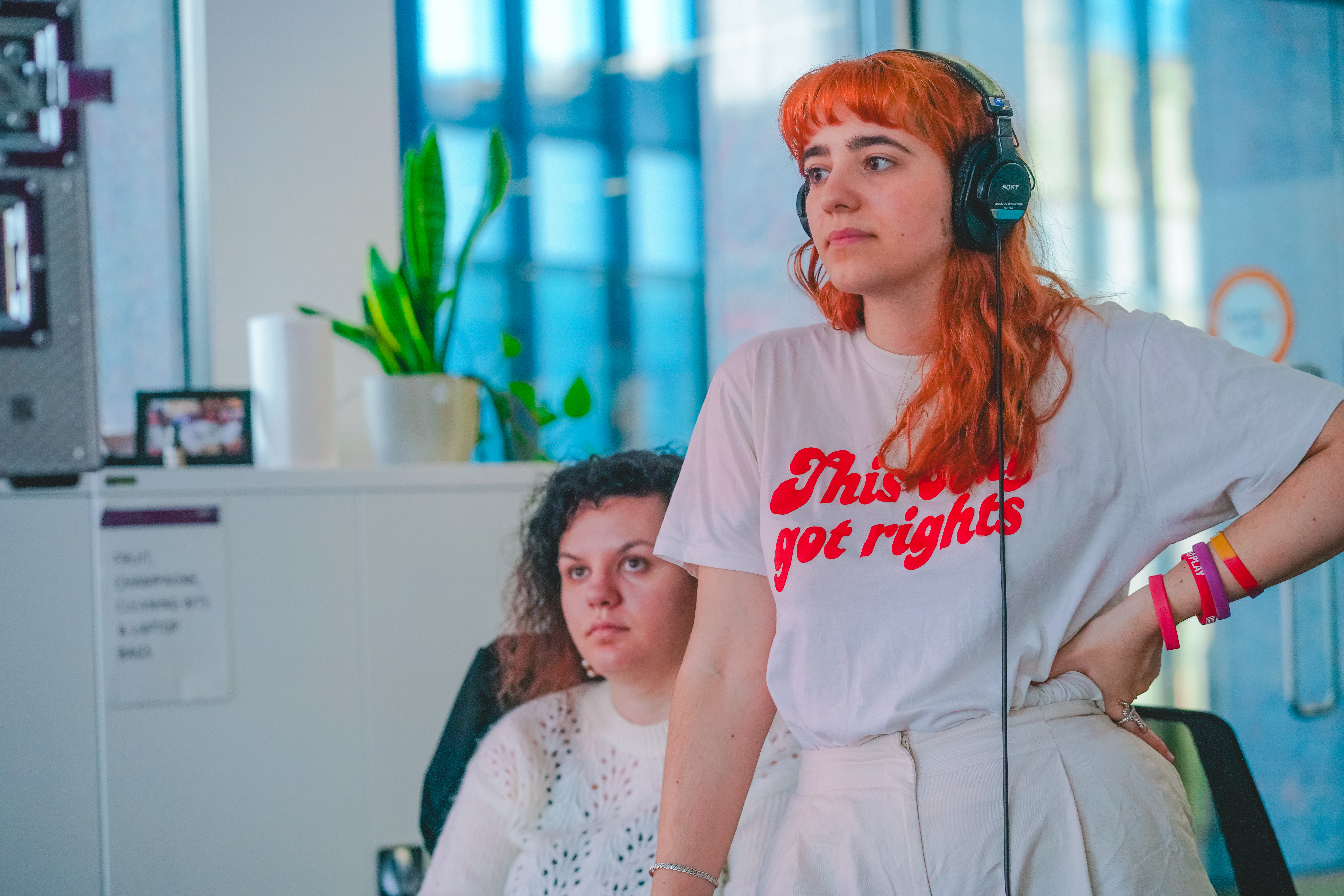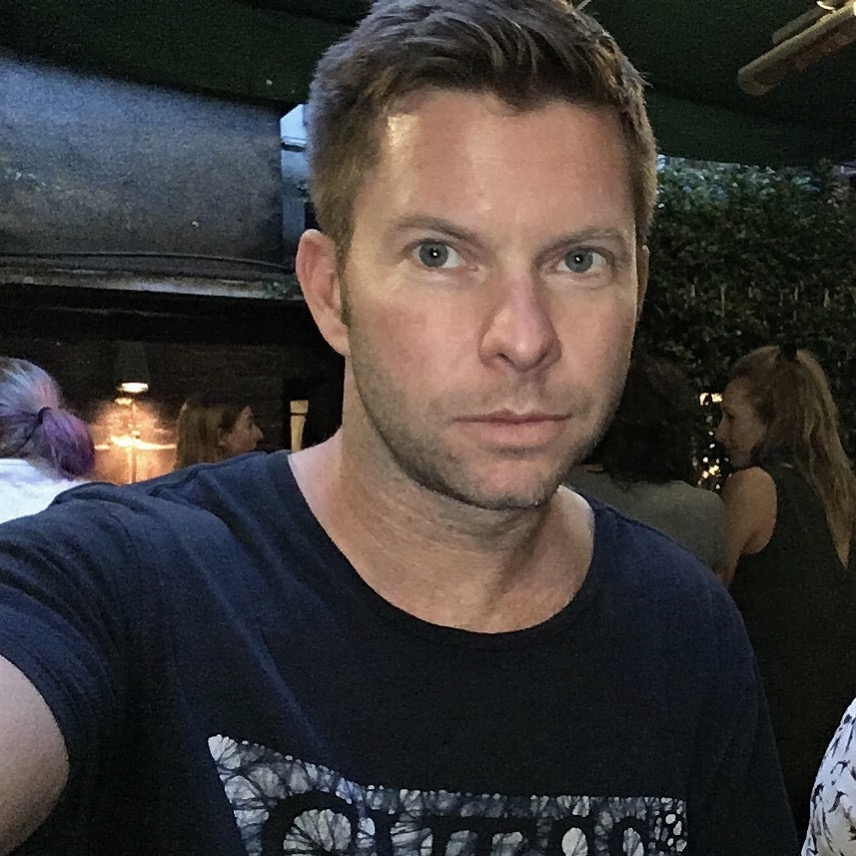ASK & DISCUSS
INDEXFilming in council estate: suggestions
4 years, 11 months ago - Alessia Galatini
Hello!
Does anyone have any recommendation for a council estate in West or North London that would allow a few hours of filming for a low-budget shoot?
Or if anyone has experience with this kind of location, what's the best process to approach a council estate?
Filming is in January. Thanks in advance!
Only members can post or respond to topics. LOGIN
Not a member of SP? JOIN or FIND OUT MORE
4 years, 11 months ago - Marlom Tander
I'd start by contacting the Council film office.
They will be able to tell you the basic rules - e.g required level of insurance, (these days Councils seem to be defaulting to 10M Public Liability for everything, but may go higher) - and probably smooth the way re practicalities.
They might even suggest places.
An important area of concern for them will be "impact on others", esp re vehicles, cables all over, access and affecting the local people.
4 years, 11 months ago - Paul W Franklin
Depends on the borough, and the size of your crew.
I once had to pay Barnet £500 + VAT to film in a mostly-empty park for 2 days, which is mad since it was just kids playing football; but I did a bit of shooting on the street in Wandsworth and it was free (but then it was at night and not anywhere busy).
As Marlom says, they'll consider the impact. Are you going to be filming in a lift, for example? If you're bringing a big van, 12 crew and a cherry picker, it'll be more trouble than if it's a skeleton crew.
Then again, if it's a minimal cast and you're going handheld, you could go guerrilla-style...
4 years, 11 months ago - John Lubran
Additionally the issue of Public Domain often confuses everyone, including councils and police. It's quite odd that despite the issue having been thoroughly tested in our higher courts, there remains a conditioned tendency to doff caps to anyone exhibiting even a smidgen of office or minor authority.
Whilst public liability and third party insurance is always advisable when filming in public, it's not statutorily or lawfully enforceable. The term 'council estate', in this context, can mean a Domain rendered private by specific by-law (which may or may not be valid) such as within a precinct where access is specifically limited to residents and tenants by clear signage. Even in such a case lawful enforcement may be only ephemeral.
Council estates where properties are accessed and or adjacent to council adopted highways and walkways are not precincts where Public Domain ceases to exist
Councils and police can regulate filming where such creates an obstruction or a breach of the peace or some other statutory offence is being committed or is inciting such.
A significant test was carefully avoided by Camden Council a few years ago when they failed to appeal a lower courts finding that the councils arbitrary rule requiring a permit to place a tripod on the ground or be prosecuted for obstruction was invalid. Any successful prosecution must meet the statutory definition of obstruction, the onus of proof being on the claimant to provide evidence that someone was actually obstructed, not just that someone had to walk around a tripod. The legal definition of obstruction is as defined in the Oxford Dictionary or other academically validated source. It's not a matter of mere opinion, no matter whose.
Camden did try to save face by declaring that a tripod having a footprint of no more than a square meter no longer required a permit. However that rule had no more force than before.
Clearly if one needs to set up a full location shoot with lots of equipment and environmental control of an area, then full and proper arrangements with the council are essential.
However such film sets are often not required, especially with low budget low profile and factual productions. Broadcast and film standard equipment nowadays is getting smaller, lighter and smarter all the time.
Issues of releases and permissions with regard to fiction is altogether another matter. Much more liberated with factual and current affairs where such permissions are, with a few exceptions, simply not required at all when acquired from the Public Domain. It's a constitutional and law thing.
Whether or not all this is helpful to Alessia is academic since we don't know enough about the project.
Guerilla filming is not unlawful per se.
The devil is in the detail.



